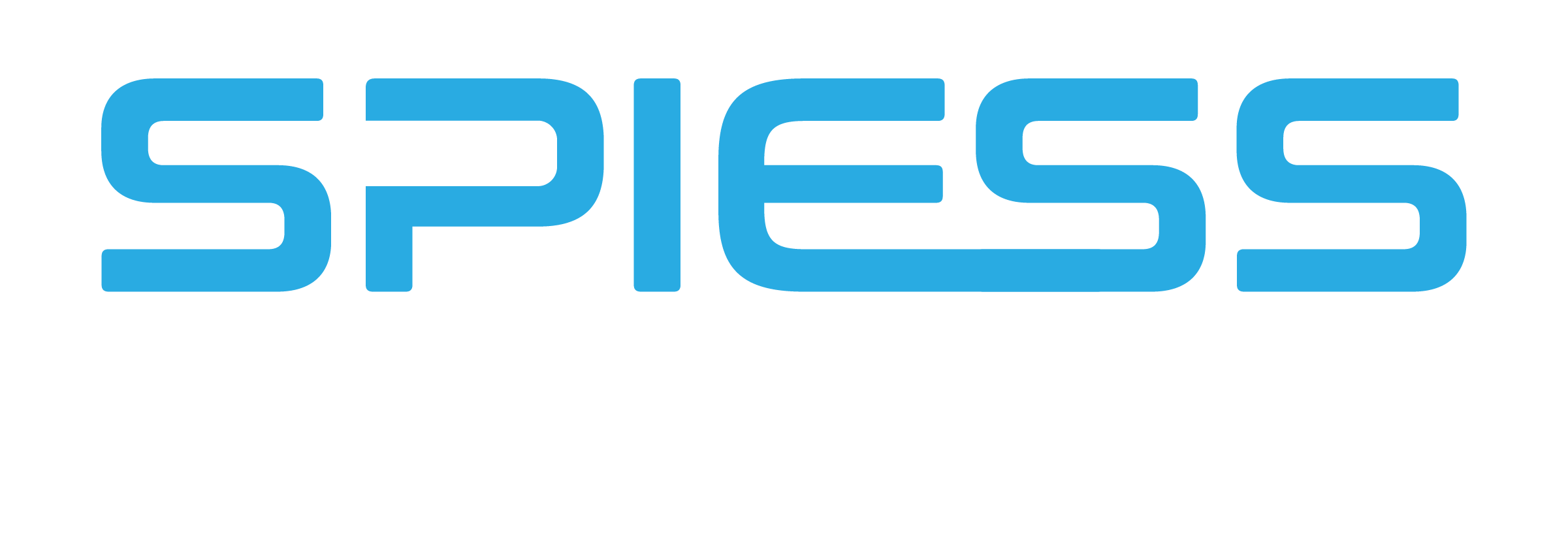Why EEAT Matters:
EEAT (Experience, Expertise, Authoritativeness, and Trustworthiness) is critical because it helps ensure that online content is reliable, relevant, and valuable to users. Here's why EEAT is important:
1. Promotes High-Quality Content
- EEAT sets a standard for content creators to provide accurate, well-researched, and high-quality information.
- It reduces the prevalence of low-quality, misleading, or untrustworthy content online.
2. Builds User Trust
- Users are more likely to trust websites that demonstrate experience, expertise, authority, and trustworthiness.
- Trust is essential for building long-term relationships with your audience, especially for sensitive topics like health, finance, and safety.
3. Aligns with Google’s Goals
- Google’s mission is to organize the world’s information and make it universally accessible and useful.
- EEAT supports this mission by ensuring that the top-ranking content provides meaningful and accurate answers to user queries.
4. Essential for YMYL (Your Money or Your Life) Topics
- For topics that affect health, safety, finances, or well-being, accuracy and reliability are crucial.
- EEAT ensures that content in these areas comes from credible sources, reducing the risk of harm caused by misinformation.
5. Improves Search Rankings
- Websites with high EEAT are more likely to rank well on Google, leading to increased visibility and organic traffic.
- Demonstrating EEAT can be the difference between being on the first page of search results or being lost in the depths of lower rankings.
6. Enhances Credibility
- EEAT helps content creators and brands establish themselves as credible authorities in their field.
- This credibility not only attracts more traffic but also boosts engagement, shares, and backlinks, further reinforcing the content’s authority.
7. Protects Users from Misinformation
- By prioritizing EEAT, search engines can filter out misleading or harmful content.
- This is especially important in an age where misinformation can spread quickly and have real-world consequences.
8. Aligns with Consumer Expectations
- Modern consumers value transparency and expertise.
- Websites that showcase EEAT align with these expectations, fostering greater loyalty and trust among users.
9. Encourages Transparency
- EEAT emphasizes the importance of being upfront about who created the content, their qualifications, and the sources of information.
- This transparency helps users make informed decisions and feel confident in the information they consume.
10. Supports Business Goals
- For businesses, demonstrating EEAT can improve customer confidence, leading to higher conversions and sales.
- It also strengthens brand reputation, which is essential for long-term success.







